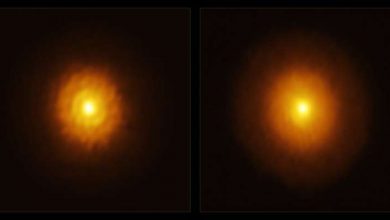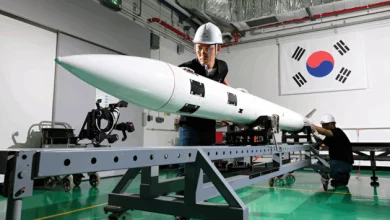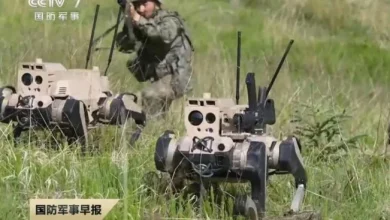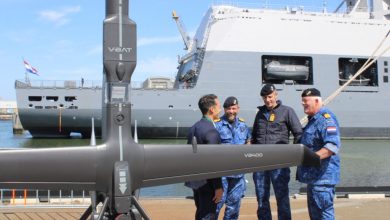IAEA: North Korea Nuclear Reactor may be operational
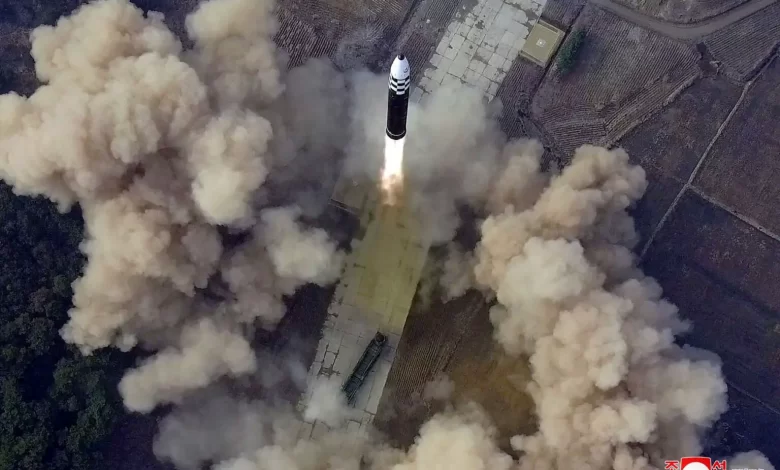
The International Atomic Energy Agency (IAEA) suspects North Korea may have launched a new operational nuclear reactor in Yongbyon.
According to the UN nuclear monitoring arm, opening the site would result in an additional source of plutonium – an element used to make nuclear weapons.
Pyongyang has been observed burning fuel from the facility’s 5-megawatt reactor to produce the element. An October report from the South Korean news agency Donga said the move could be a “sign of reprocessing work to obtain weapons-grade plutonium.”
The latest IAEA update found that the site’s cooling system reactor is already discharging warm water, implying its continuous operability in recent months.
“Observations indicate that this water discharge is warm, which is also consistent with ongoing commissioning of the [Light Water Reactor], a process that takes some time for any new reactor,” IAEA Chief Rafael Grossi stated.
No Confirmation Yet
IAEA has had no access to the Yongbyon reactor since 2009 following North Korea’s decision to cut ties with the agency and its inspectors.
The UN has been observing the country through a satellite imaging capability, and this condition challenges them to obtain new information on the reactor’s operational status.
“The discharge of warm water is indicative the reactor has reached criticality,” Grossi said. “It remains the case that without access to the facility the Agency cannot confirm its operational status.”
“Concerning the safety of the LWR, we do not have sufficient information to make an assessment.”
“Of course, safety should always be the paramount issue when starting a new reactor. Nuclear safety is a sovereign responsibility of the State and the IAEA supports the States in this area.”
UN Security Council Violation
Grossi reiterated that North Korea’s actions related to its nuclear framework are a threat to international peace and security.
“I repeat that the further development of the [Democratic People’s Republic of Korea’s] nuclear programme, including the construction and operation of the LWR, is a violation of UN Security Council resolutions and is deeply regrettable,” Grossi emphasized.
“I call upon the DPRK… to cooperate promptly with the Agency in the full and effective implementation of its [Nuclear Non-Proliferation Treaty] Safeguards Agreement and to resolve all outstanding issues, especially those that have arisen during the absence of Agency inspectors from the country.”
“The Agency is ready to engage on any of the above issues, including safety.”


